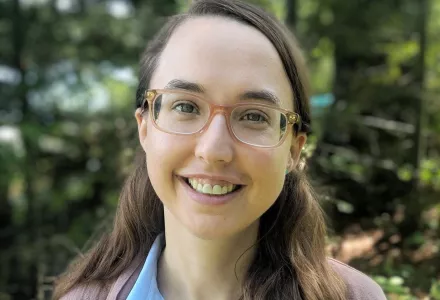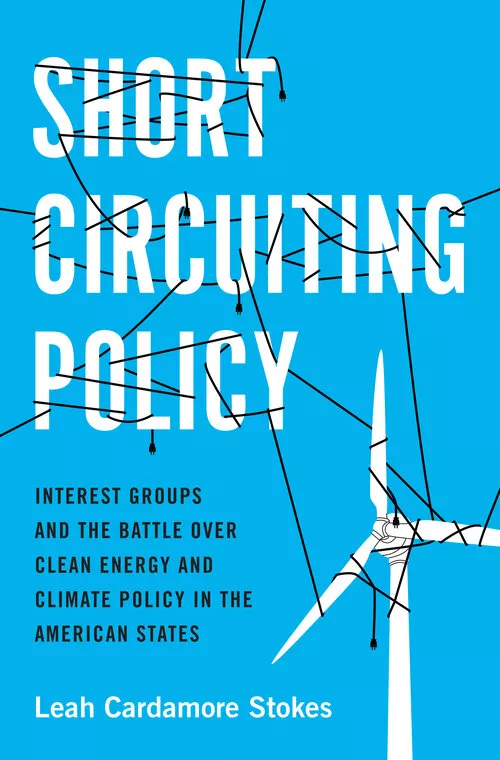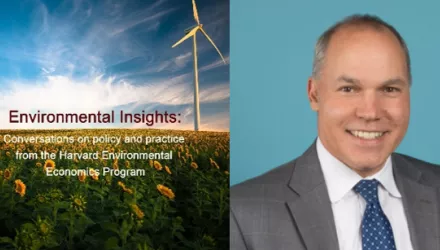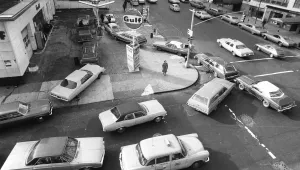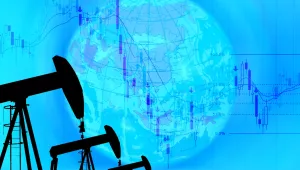*CANCELED* Energy Policy Seminar: Leah Stokes on “Short Circuiting Policy: Interest Groups and the Battle Over Clean Energy and Climate Policy in the American States”
ANNOUNCEMENT, MARCH 9, 2020: In line with Harvard's COVID-19 travel policies and campus restrictions, the HKS Energy Policy Series is canceled for the remainder of the Spring 2020 semester. Each speaker has been invited to reschedule their seminar for our Fall 2020 series.
Join us for the final Energy Policy Seminar of the spring semester! We will be hearing from Leah Stokes, Assistant Professor of Political Science at UC Santa Barbara, on “Short Circuiting Policy: Interest Groups and the Battle Over Clean Energy and Climate Policy in the American States.” This talk is based on and shares a title with Prof. Stokes' new book, published by Oxford University Press in 2020.
The Energy Policy Seminar Series is free and open to the public; no RSVPs required. Buffet-style lunch will be served.

